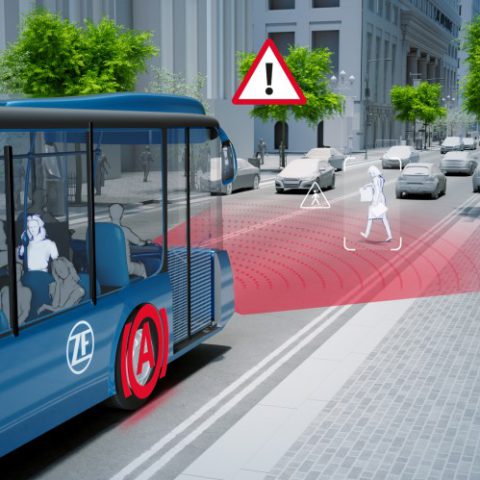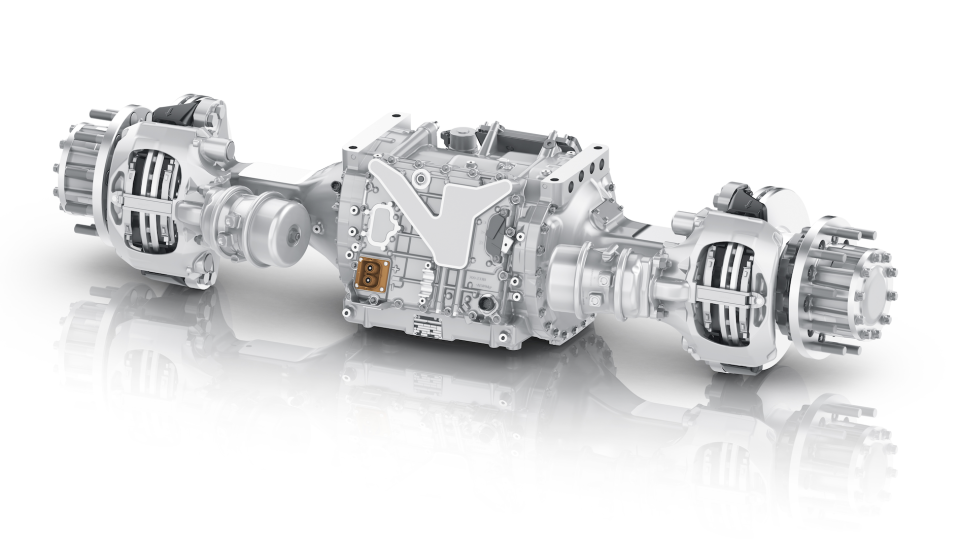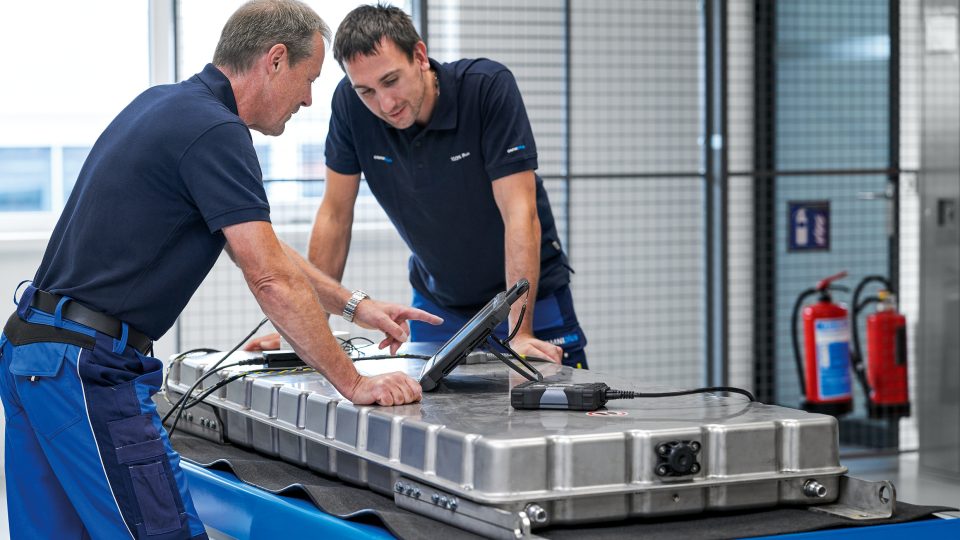ZF unveils new collision avoidance system for city buses
ZF is launching its new Collision Mitigation System (CMS) specifically designed for city buses. Offering active braking to help avoid head-on crashes with other road users, including vehicles, bicycles and pedestrians, the system also helps counteract the negative impact of the moment of braking on passengers. The system is compatible with both electric and internal […]

ZF is launching its new Collision Mitigation System (CMS) specifically designed for city buses. Offering active braking to help avoid head-on crashes with other road users, including vehicles, bicycles and pedestrians, the system also helps counteract the negative impact of the moment of braking on passengers. The system is compatible with both electric and internal combustion engines. ZF will initially launch its City Bus CMS in Europe, with the aim of exporting it worldwide.
ZF launches City Bus collision system
“Leveraging ZF’s expertise to develop a pioneering solution that links radar and camera with a central processing unit and braking system, City Bus CMS represents a clear proof point of the Group’s Next Generation Mobility strategy. The system responds to the clear and pressing demand from manufacturers and their customers for ever higher levels of safety in city traffic,” said Philipp Helmich, head of the Vehicle Dynamics product lines in ZF’s Commercial Vehicle Solutions division.
He added: “In addition to providing advanced and integrated safety for road users, as well as the driver and passengers of both electric and conventionally powered buses, we are extending ZF’s advanced driver assistance systems leadership in trucks and buses to the important market segment of city buses. The use of advanced braking system technology is critically important for safety and autonomous driving, and the complex applications of city buses represent an interesting and valuable use case.”
ZF’s City Bus CMS is based on its latest OnGuardMAX heavy-duty truck technology, with specific features and functionality that are tailored to city bus applications. Combining its state-of-the-art camera and radar data, it provides continuous analysis of the traffic situation. If an impending collision is detected, the system can issue a Forward Collision Warning (FCW) and automatically apply the brakes to help mitigate or avoid a crash.
Combined with ZF’s advanced braking capabilities, which are precisely calibrated to the speed and weight of the vehicle, the negative effects of sudden braking on passengers can also be minimized. Thanks to the interaction between the German company’s Adas and the braking system, brake pressure is carefully applied throughout the braking cascade, making it less likely that passengers will be shaken and thrown off balance.







